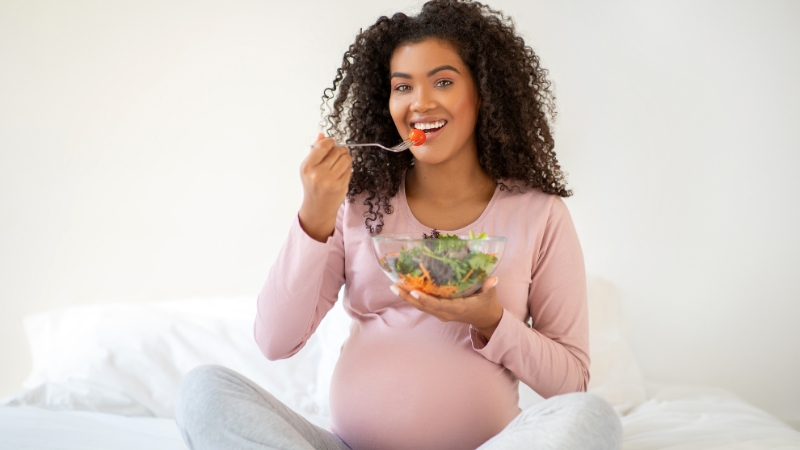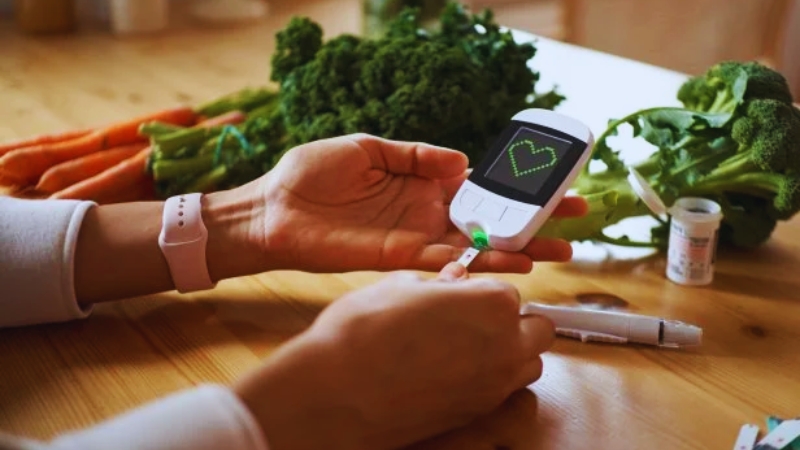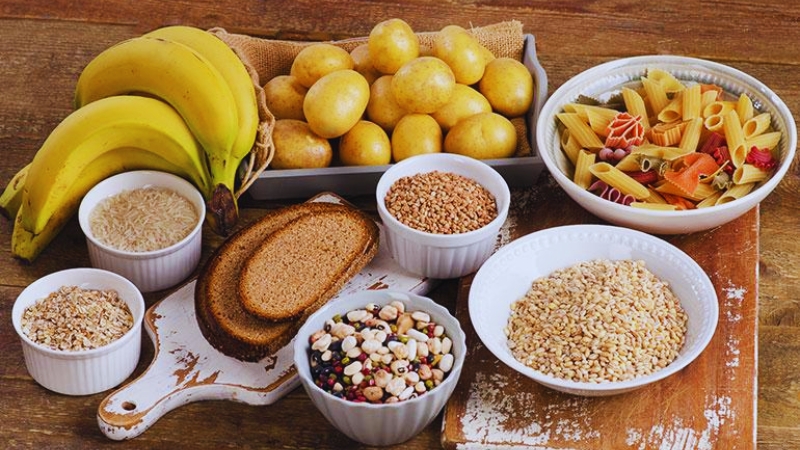Pregnancy is a time of immense physical and emotional change. One of the most common challenges expecting mothers face is feeling fatigued. While it’s normal to feel more tired than usual, a balanced and nutritious diet can significantly improve your energy levels. Here are five practical nutrition tips to help you stay energized throughout your pregnancy.
1. Start Your Day With a Balanced Breakfast
Skipping breakfast can leave you feeling sluggish all morning. A well-balanced breakfast replenishes glucose levels after a night’s sleep and kick-starts your metabolism. Choose foods that combine complex carbohydrates, protein, and healthy fats.
Examples:
-
Oatmeal topped with nuts and fresh fruit
-
Whole-grain toast with avocado and a boiled egg
-
Greek yogurt with berries and a sprinkle of chia seeds
Including iron-rich foods like fortified cereals or leafy greens at breakfast also helps prevent iron deficiency, a common cause of fatigue during pregnancy.
2. Eat Small, Frequent Meals
Instead of three large meals, aim for five to six smaller meals throughout the day. This helps maintain stable blood sugar levels and prevents energy dips.
Pregnancy hormones can also slow down digestion, making smaller meals easier on your stomach. Keep healthy snacks on hand to avoid getting too hungry, which can worsen nausea and fatigue.
Smart snack ideas:
-
A banana with almond butter
-
A handful of trail mix
-
Whole-grain crackers with cheese
3. Prioritize Iron and Vitamin C
Iron is essential for carrying oxygen to your cells. During pregnancy, your blood volume increases significantly, which raises your iron needs. Low iron levels can lead to anemia, a major cause of tiredness.
To maximize iron absorption, pair iron-rich foods with vitamin C sources.
Good pairings include:
-
Lentils with a squeeze of lemon
-
Spinach salad with orange slices
-
Beef stir-fry with bell peppers
Ask your healthcare provider about iron supplements if you’re at risk of deficiency.
4. Stay Hydrated
Even mild dehydration can make you feel tired and foggy. During pregnancy, your body needs extra fluids to support your growing baby and maintain healthy circulation.
Aim for at least 8–10 cups of water per day. If plain water isn’t appealing, try:
-
Herbal teas (avoid those not recommended during pregnancy)
-
Infused water with cucumber or citrus
-
Coconut water in moderation
Keep a water bottle with you throughout the day as a reminder to sip often.
5. Don’t Skip Healthy Fats
Healthy fats provide long-lasting energy and support fetal brain development. They help keep you full and reduce the need for constant snacking on high-sugar foods, which can lead to energy crashes.
Include sources of omega-3 fatty acids and unsaturated fats in your diet.
Try:
-
Salmon (limit to 2 servings per week due to mercury)
-
Walnuts and flaxseeds
-
Olive oil drizzled over roasted vegetables
Be cautious with processed or fried fats, which can cause inflammation and add unnecessary calories.
Final Thoughts
Fatigue during pregnancy is natural, but the right nutrition can make a big difference. Focus on eating whole, nutrient-dense foods, staying hydrated, and spacing meals throughout the day. Always consult your doctor or a registered dietitian before making significant dietary changes or starting supplements. A well-nourished body supports a healthy pregnancy—and helps you feel your best while growing new life.









